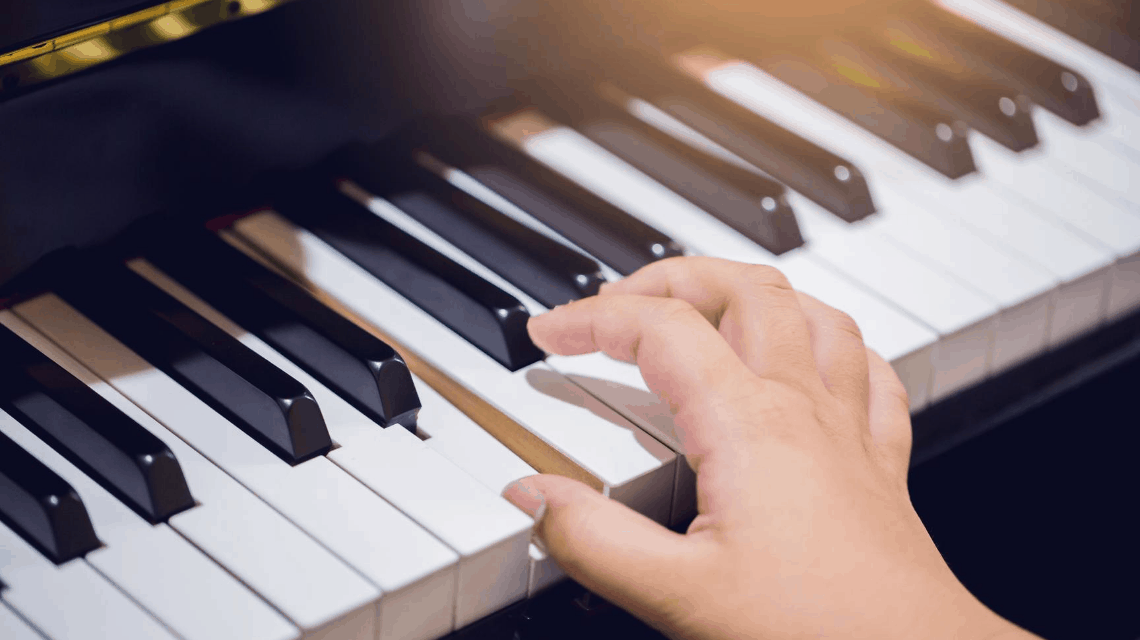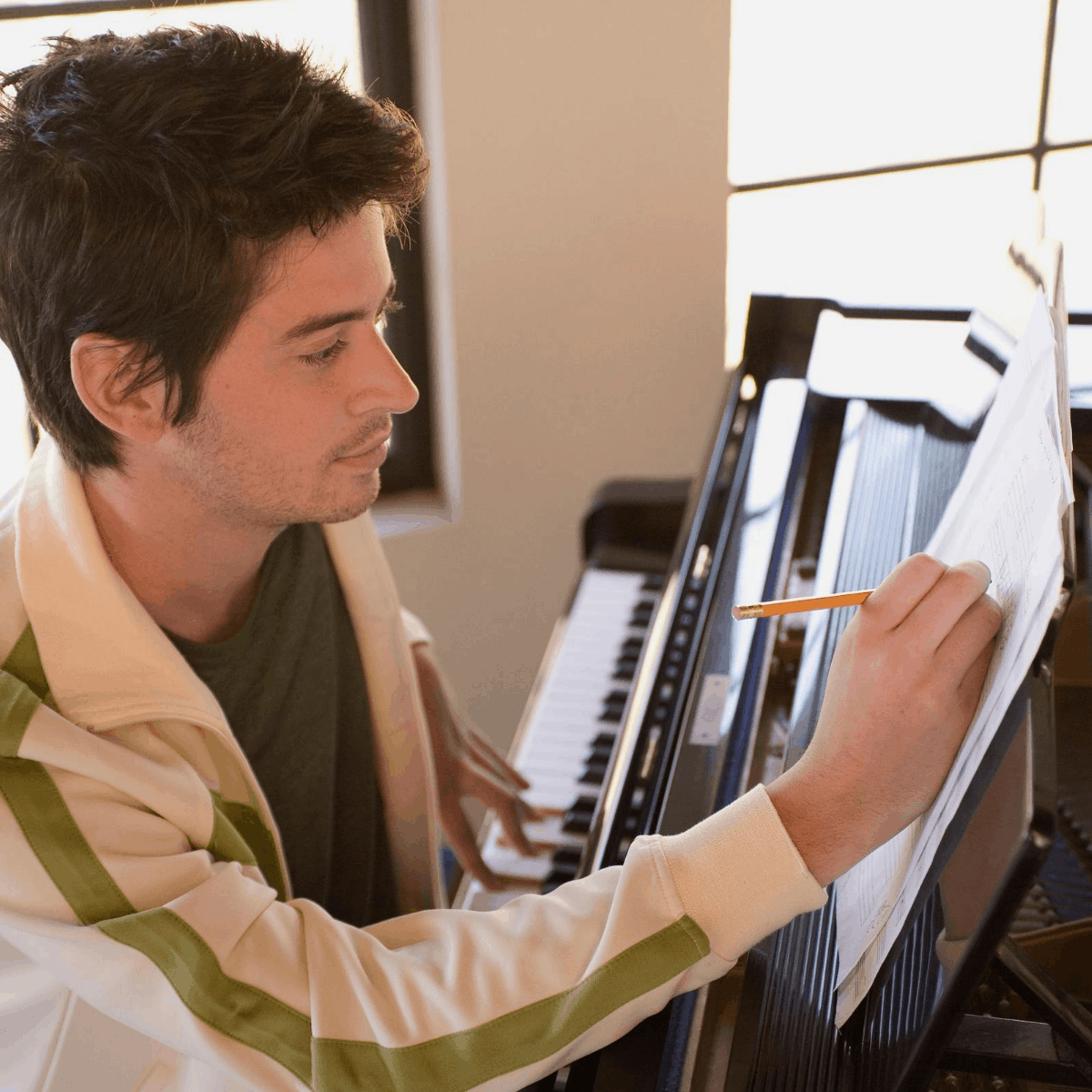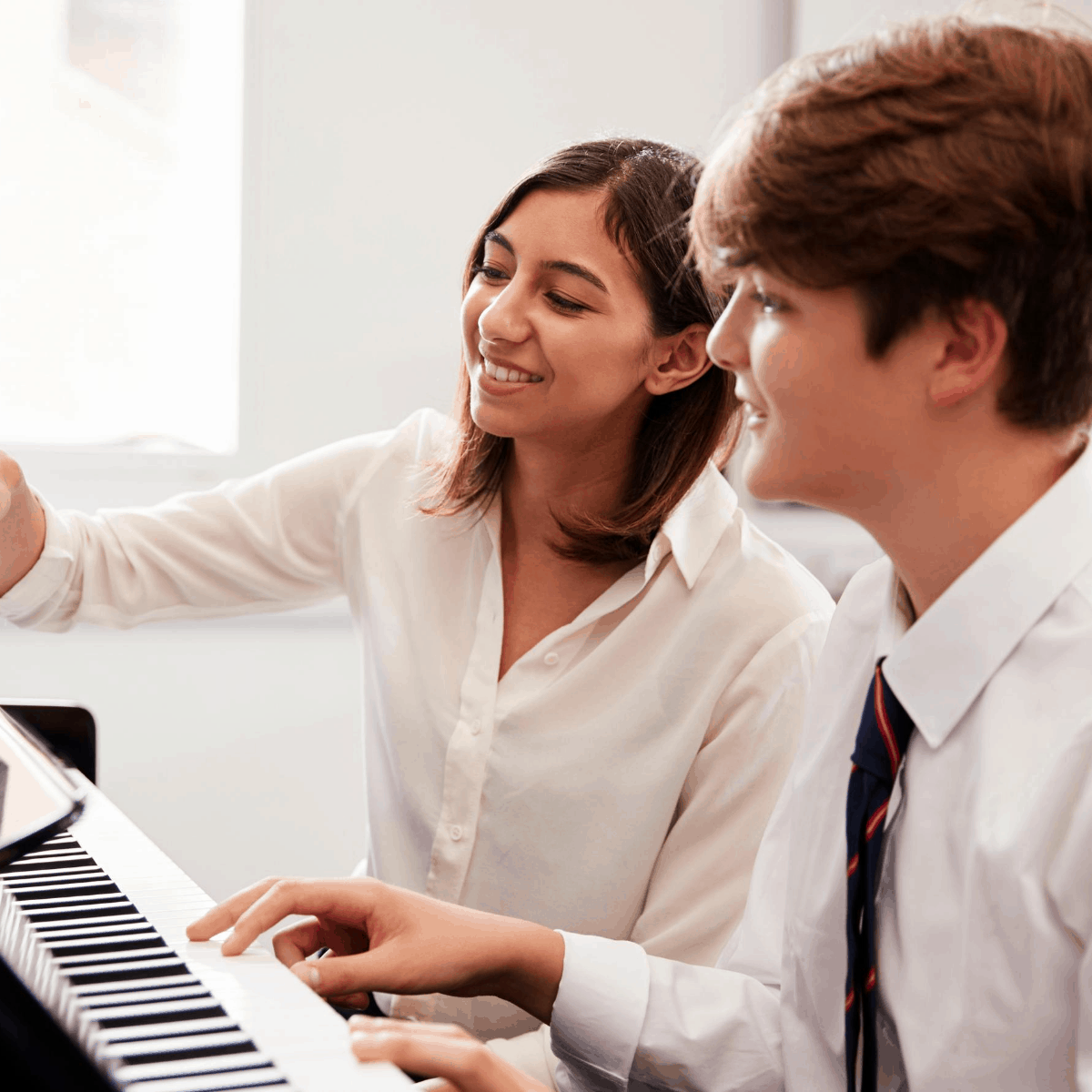How To Get Started Playing The Piano
Have you always wanted to play the piano? Playing the piano is an incredibly satisfying and captivating hobby. It’s a skill that you can master and enjoy for your whole life. It’s fun, life-giving and challenging. If playing the piano is on your bucket list, but you’re not sure where to start, here

Have you always wanted to play the piano? Playing the piano is an incredibly satisfying and captivating hobby. It’s a skill that you can master and enjoy for your whole life. It’s fun, life-giving and challenging.
If playing the piano is on your bucket list, but you’re not sure where to start, here are some steps you can take.
Set Goals
Playing the piano is a pretty broad goal. There are a lot of styles and approaches that you could pursue. Your unique goals will determine a lot about the path you will take on your journey to learning the piano.
For example, new pianists often say, “I wish I could just sit down and play songs from a book or read my favorite music.”
If this is your goal, you’d definitely want to find an approach where sight reading and learning musical notation are heavily emphasized.
Or, if you’d love to be able to play your favorite video game music, you’d probably find that many traditional approaches to learning piano won’t quite point you in the right direction. Many video game songs can be learned by rote and there are some great online programs that focus on that specific genre.
If you’re interested in playing chords to accompany yourself singing or to play along with your favorite music, you’ll want to dive into music theory to understand how to build chords.
So, before you jump into playing the piano, be sure that you have a clear goal in mind so that you can learn efficiently.
What You Need
You don’t need a lot in order to play the piano, but you do need a good instrument to practice on.
You’ll want either a digital or acoustic piano. You’ll want to make sure your instrument has 88 full-size weighted keys in working order.
A lot of piano students try to get by learning on an old family heirloom piano or an inexpensive keyboard. This might be okay on a short term basis, but it’s definitely not a good long term plan.
One excellent analogy to learning on an inferior piano is that it’s like playing soccer with a balloon. It’s unpredictable and can be really frustrating.
Be sure to read these posts about buying a piano:
- https://www.musicnotes.com/now/tips/acoustic-vs-digital-pianos-the-pros-and-cons/
- https://www.musicnotes.com/now/tips/how-to-buy-a-used-piano/
- https://www.musicnotes.com/now/tips/7-things-to-consider-when-buying-a-digital-piano/
Other than a piano, here are a few other things you’ll need:
- Music to learn – Check out the Beginner Notes arrangements on Musicnotes.com.
- It’s helpful to have a pencil, highlighter and post-it notes near your piano to mark your music or make notes as you’re working.
- A metronome or metronome app will help you keep the beat while you’re practicing or help you find the correct tempo for your music.
Over time, you’ll probably collect apps, books and other things to help your practice, but you really don’t need a lot to get started.

Find a teacher or a great online program
While a number of pianists are self-taught, it can be really hard to learn the piano independently. There are so many details to observe while learning the piano and if you are on your own, you could easily overlook some important things.
If your schedule and budget allow, try to find a teacher who can help you get a solid start. It will definitely set you up for success. You’ll get all of your questions answered efficiently, stay motivated and get great advice on how to practice effectively.
If finding a teacher isn’t in the cards right now, there are always online programs and apps to help you get started. You can find our recommendations here.

Be Committed
One thing to know going into piano is that it’s definitely a long game. It’s not something you can learn or master overnight. It’s common for progress to feel slow and inconsistent. But, if you put the time and energy into practicing, you will see improvement over time. Many people spend their entire lives perfecting their piano skills. There is always more to learn and ways to improve.
As you’re planning how to start out with your piano, think about how you can stick with it through the different seasons of your life. If things get busy or if you don’t feel like you have much time to practice, find ways to squeeze it in, even if it’s just 5 minutes a day or a few times a week. These little steps will add up to big progress over time and help you to continue moving forward with your goals.

